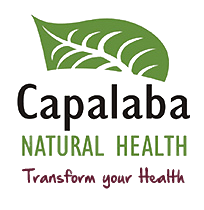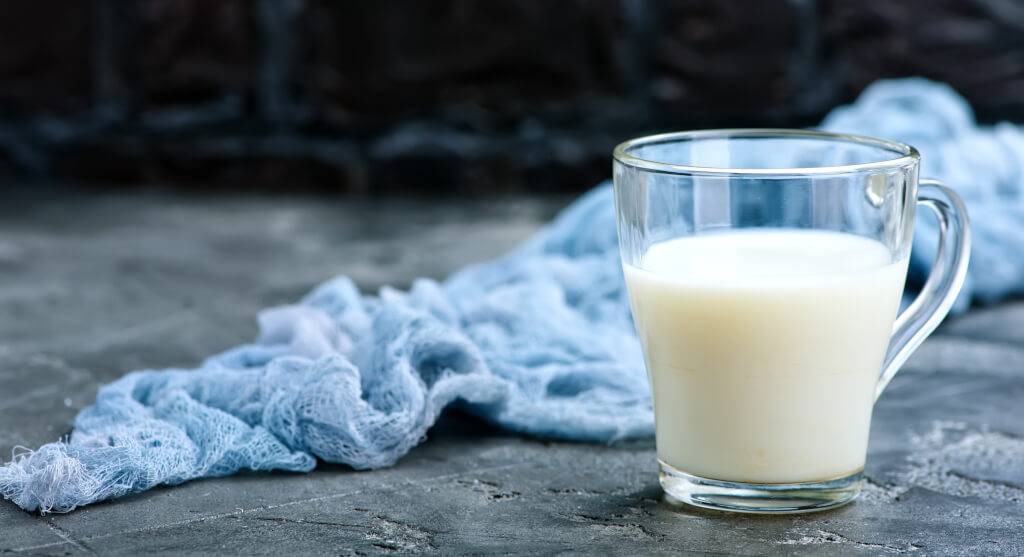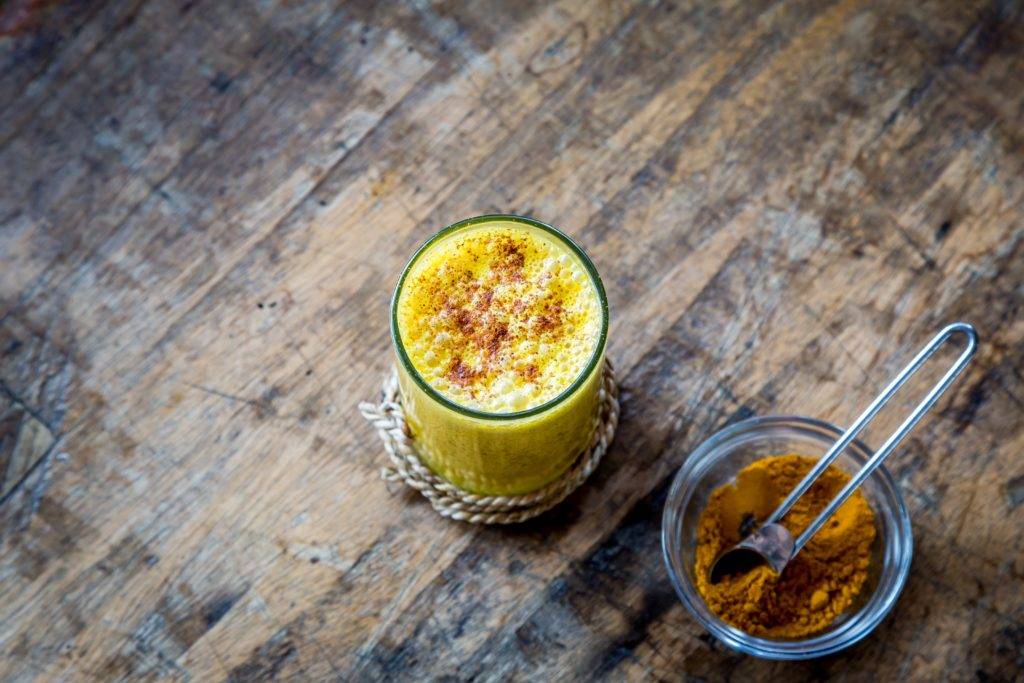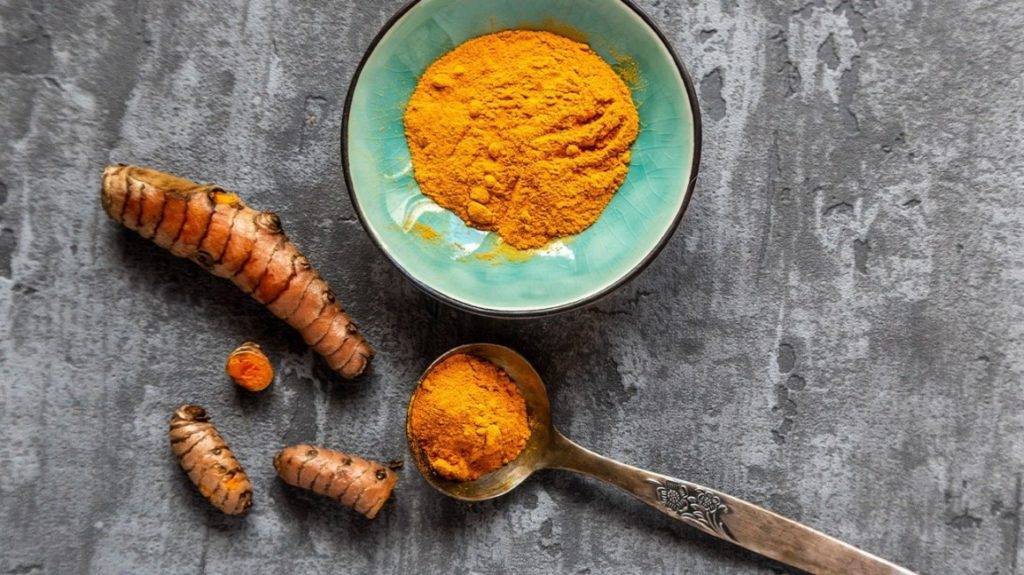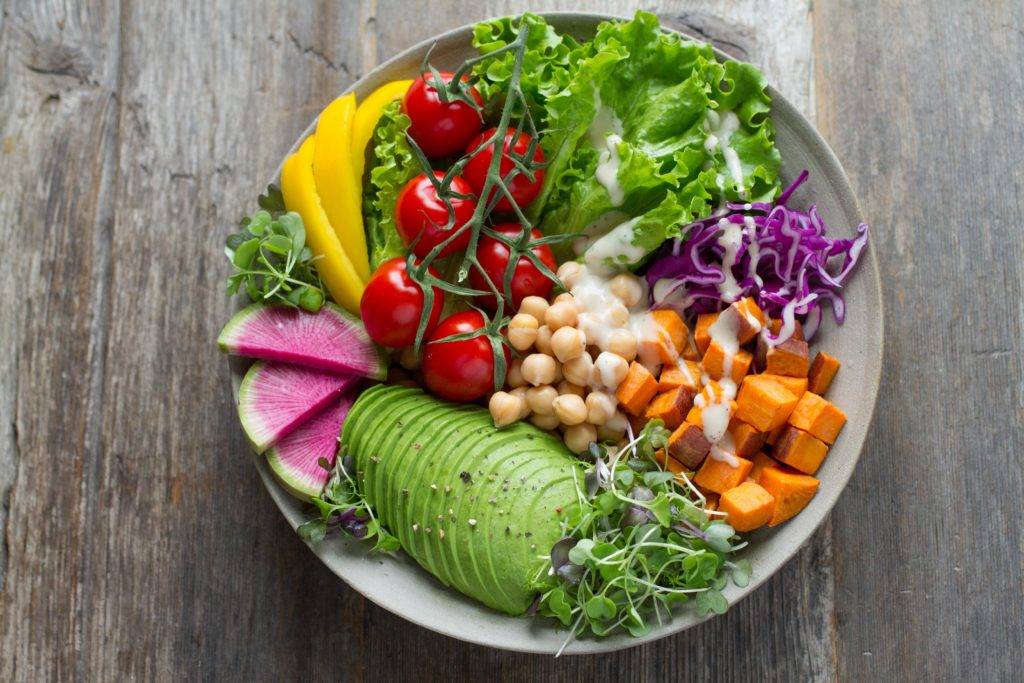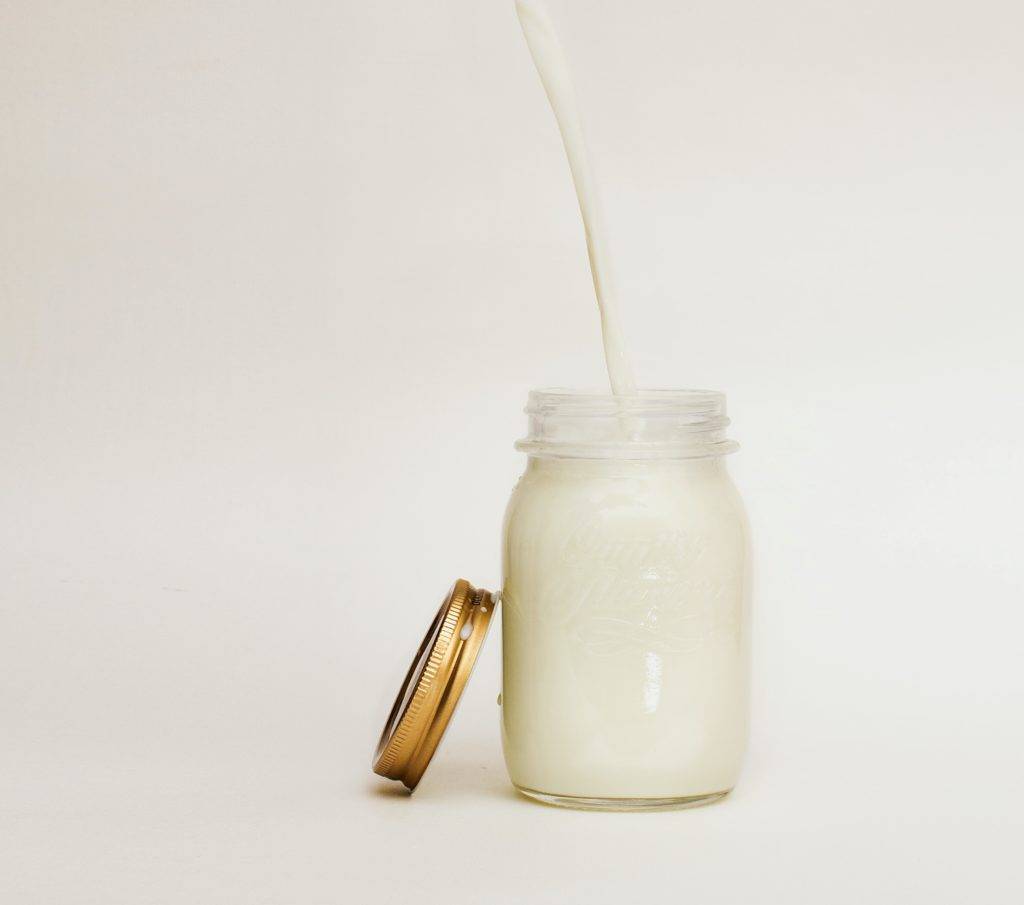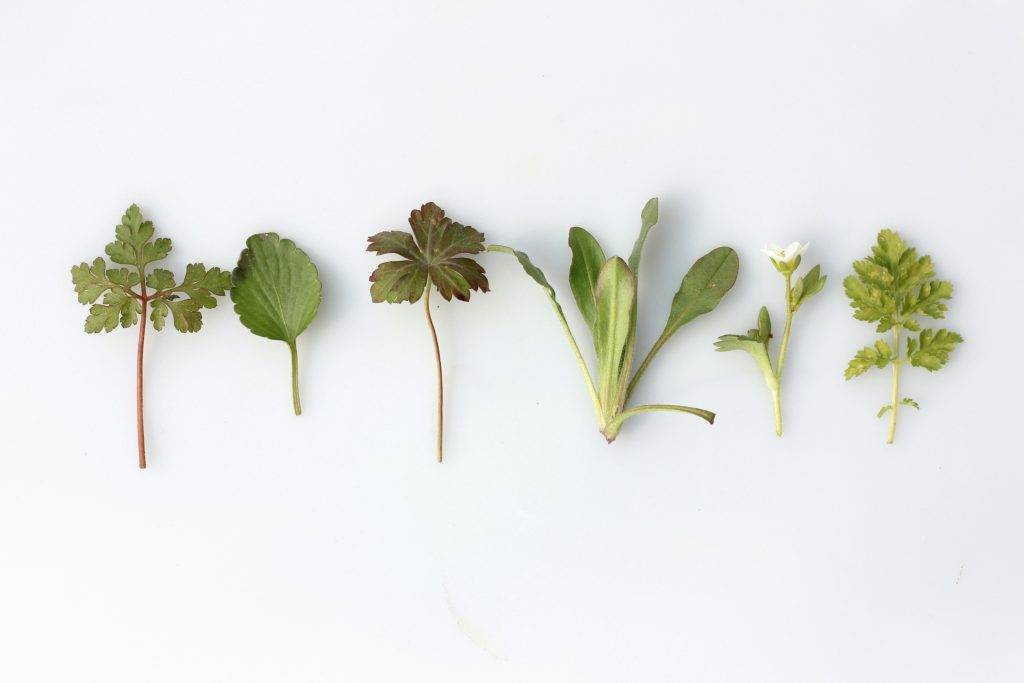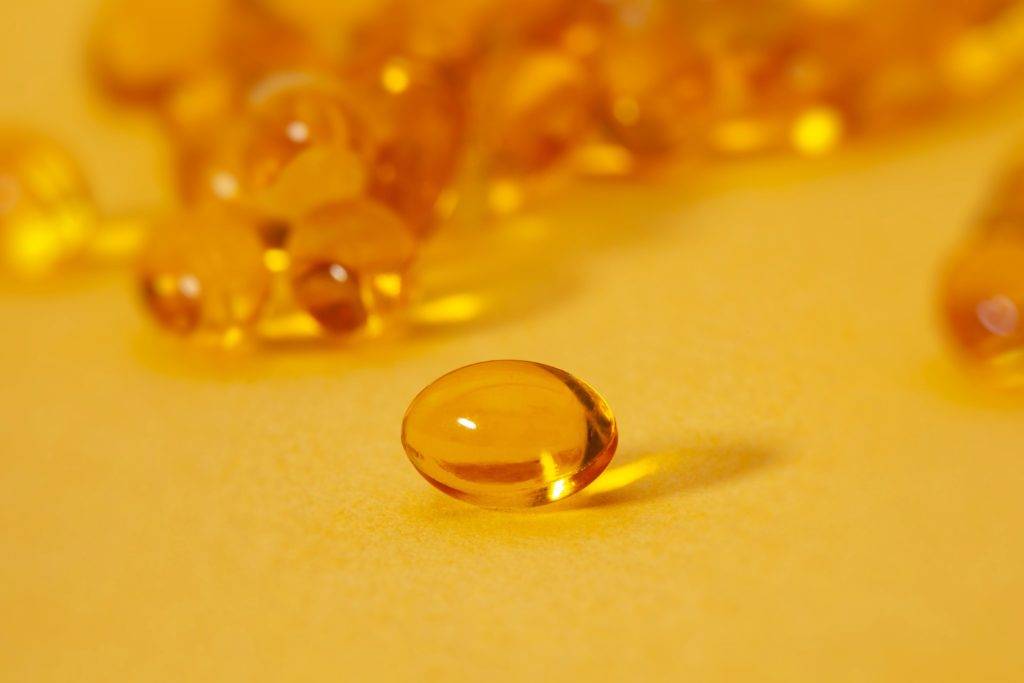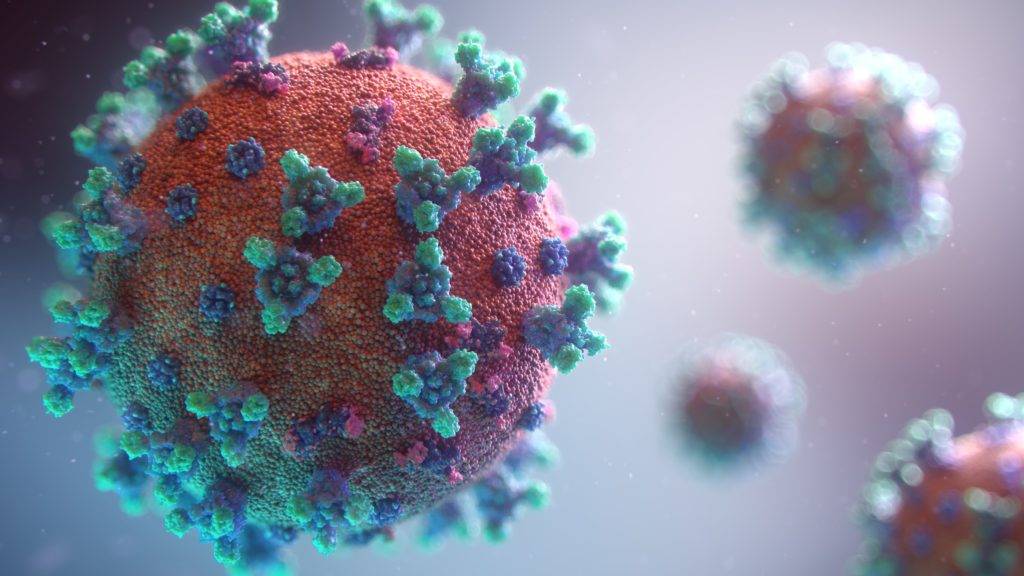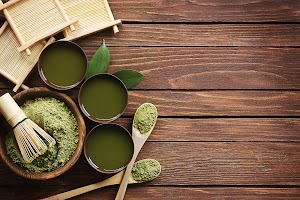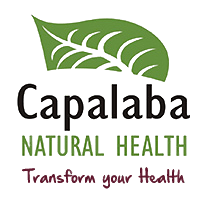
Have you ever considered naturopathy for weight loss?
Maintaining a healthy weight is not only important for your physical health and longevity, but also for your self esteem, energy levels, and mental health.
While there is a great deal of conflicting information and ‘fad’ diets on the internet that provide only temporary weight reductions, there are plenty of weight loss methods that can be successful and sustainable. Capalaba Natural Health can – and does every day – help people shed those extra kilos and improve overall health and wellness, through naturopathy for weight loss. We have helped thousands of people lose weight and keep it off!
How can Naturopathy help me lose weight?
Naturopathy takes a natural and holistic outlook on health and vitality, focusing on not one, but all elements of living a healthy lifestyle. The basis of naturopathy is in the value of eating a healthy diet, staying well-hydrated, establishing good gut health for digestion and managing stress for a better quality of life.
-
Eating a healthy diet
Eating a healthy diet is arguably the most important factor when it comes to weight loss and maintenance. There are a number of diets specific to weight loss that can be successful, and we can assess which method will be the best for you.
One of the diets we recommend the most often is the HcG diet as it’s easy to follow, doesn’t require any special diet products, makes people feel great during and after, and it delivers weight loss results quickly. Most people lose between 1 – 2 kg of fat per week. You can see some of our great weight loss results here to see some of our great results. The best part is that the diet doesn’t require a rigorous exercise program to see results!
-
Hydration
There are a million and one reasons to drink water, and weight loss is one of them. In fact, hydration plays a key role in losing weight and improving overall health naturally. Drinking enough water for your body each day promotes waste removal, boosts fat and carbohydrate burning, and acts as a natural appetite suppressant. Drinking 2L per day is a great guide though if you drink tea or coffee you may need to increase to compensate for the caffeine and subsequent fluid loss caused by its diuretic effect.
-
Digestion
Gut health is one of the most undervalued aspects of wellness, and influences everything from your mental health and sleep quality through to your digestion and metabolism. Gut bacteria can also affect how your body produces ghrelin (the hormone that makes you hungry) and leptin (the hormone that makes you feel satiated and full). This means that simply diversifying your microbiome could help solve a number of common digestive issues.
-
Stress management
Stress is often a culprit when it comes to weight gain, so managing your stress levels is hugely important for losing or maintaining a healthy weight and quality of life. The stress hormone known as cortisol is produced in greater quantities during stressful times. Cortisol can also increase your insulin levels, so that you crave sugary, fatty foods. Higher levels of cortisol tends to make us choose ‘comfort foods’ when we’re stressed, so lowering and managing our stress is crucial for maintaining a healthy diet and losing weight.
The Benefits of Naturopathy for Weight Loss
Our expert Brisbane naturopath will create a custom program that is not only tailored individually for your body and lifestyle, but is also a natural, affordable, and safe way to shed the kilos you’ve been wanting to lose.
We also focus on maintaining vitality so that you feel good throughout the whole process!
Capalaba Natural Health currently offers free weight loss assessments with our award-winning naturopath and weight loss specialist Tony Daniel. This assessment includes everything you need to know about how to effectively lose weight, as well as a report that will show you how much you need to lose, your hydration levels, biological age and more. Tony will discuss how you can lose weight and how to keep the weight off … maintaining a healthy lifestyle that works for you. Contact us for more information or book your appointment online.
